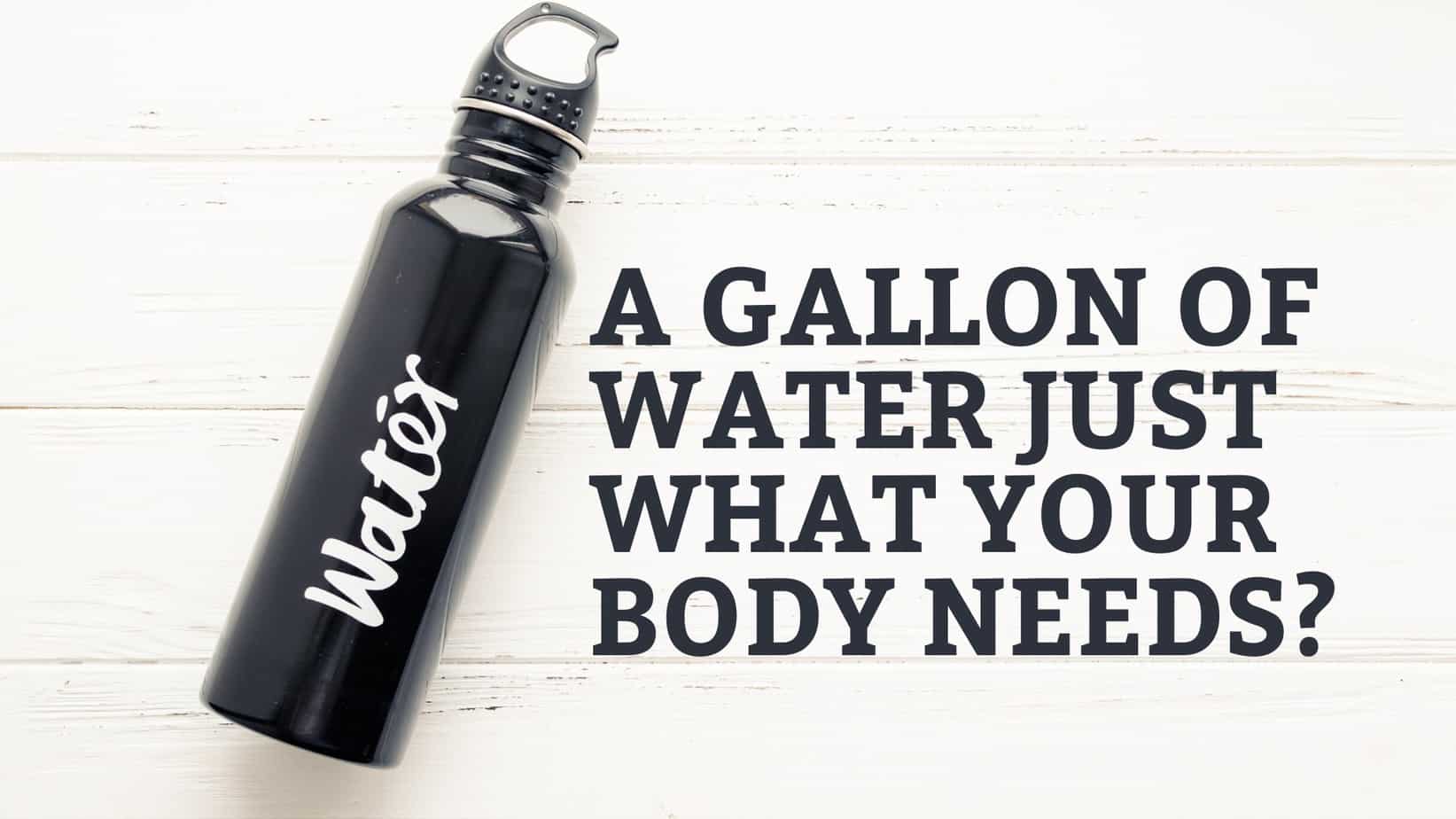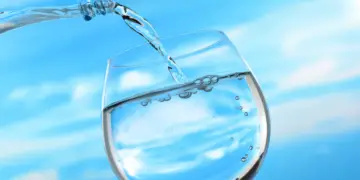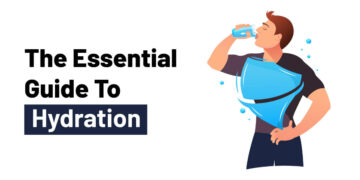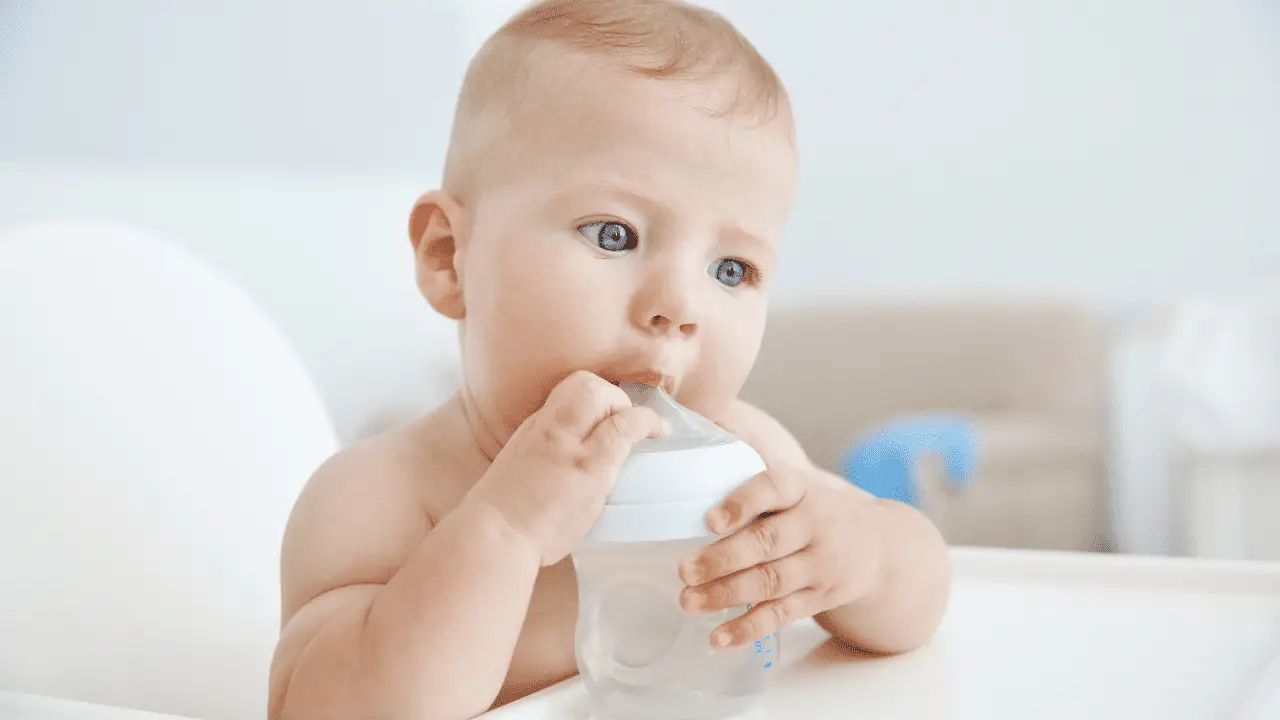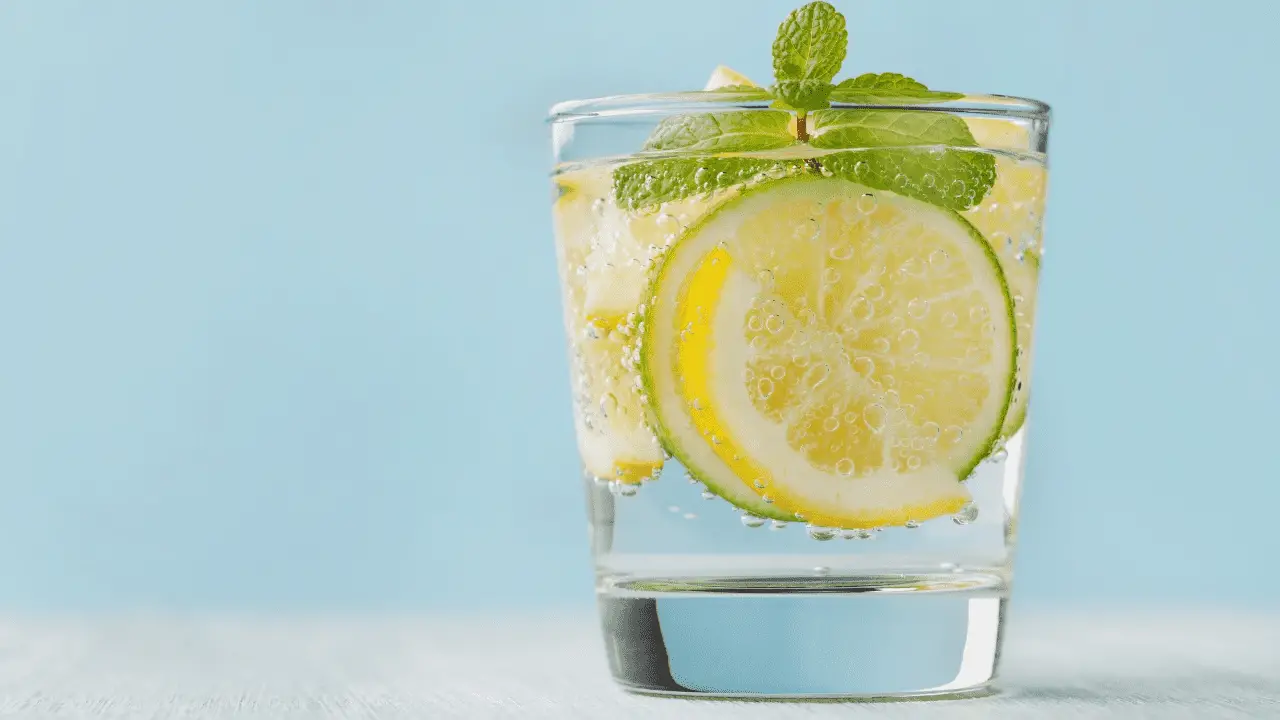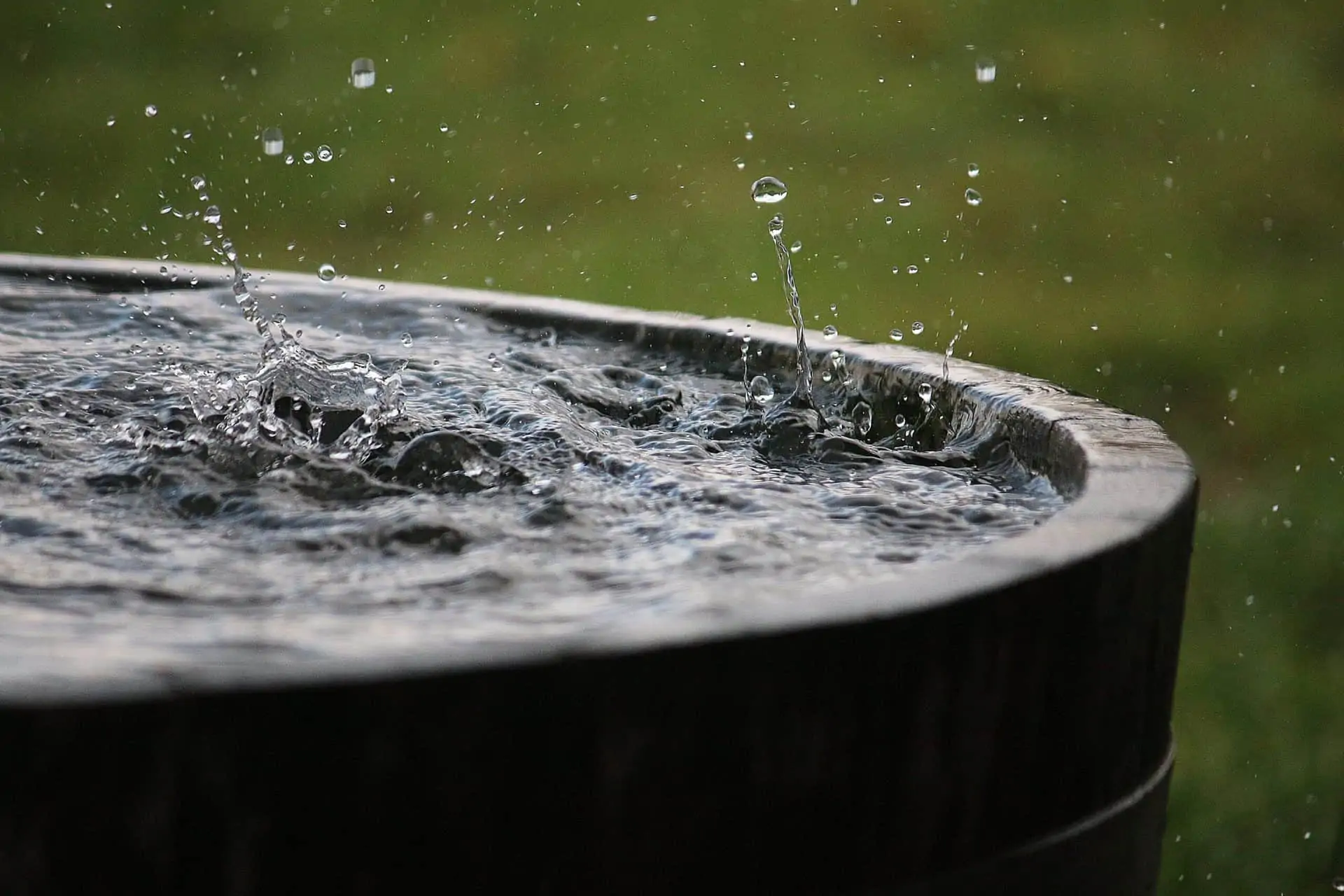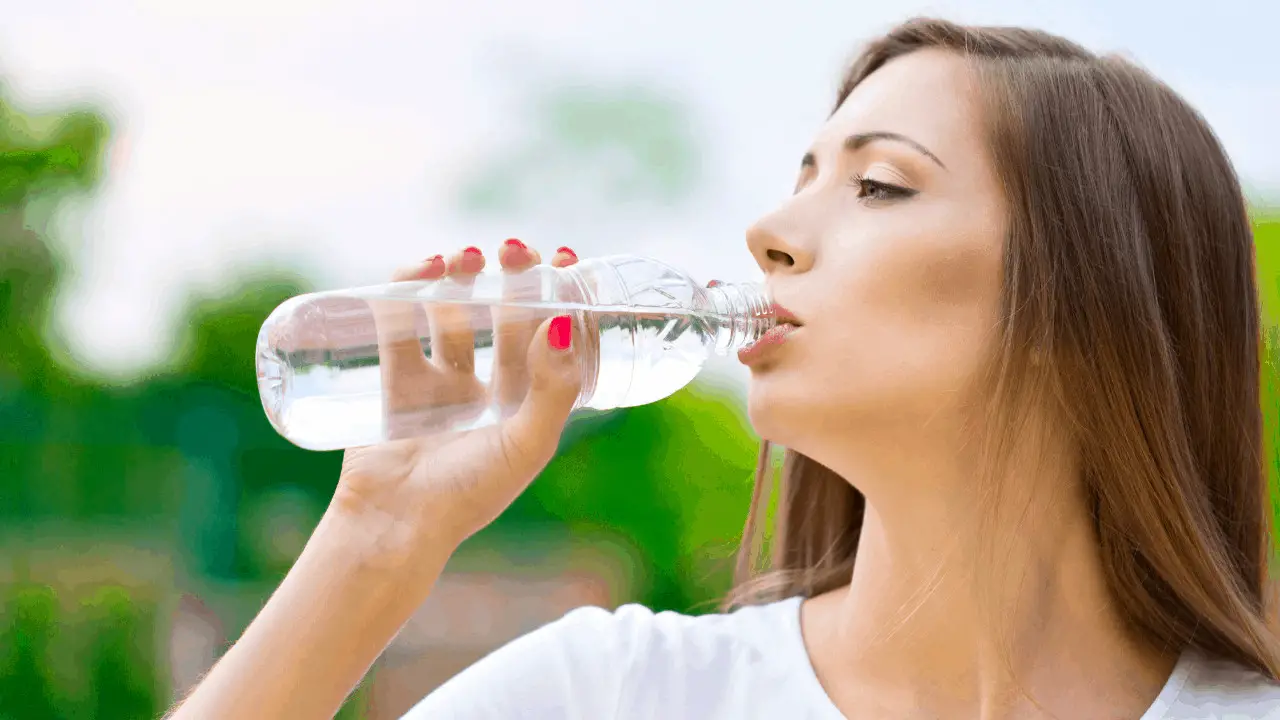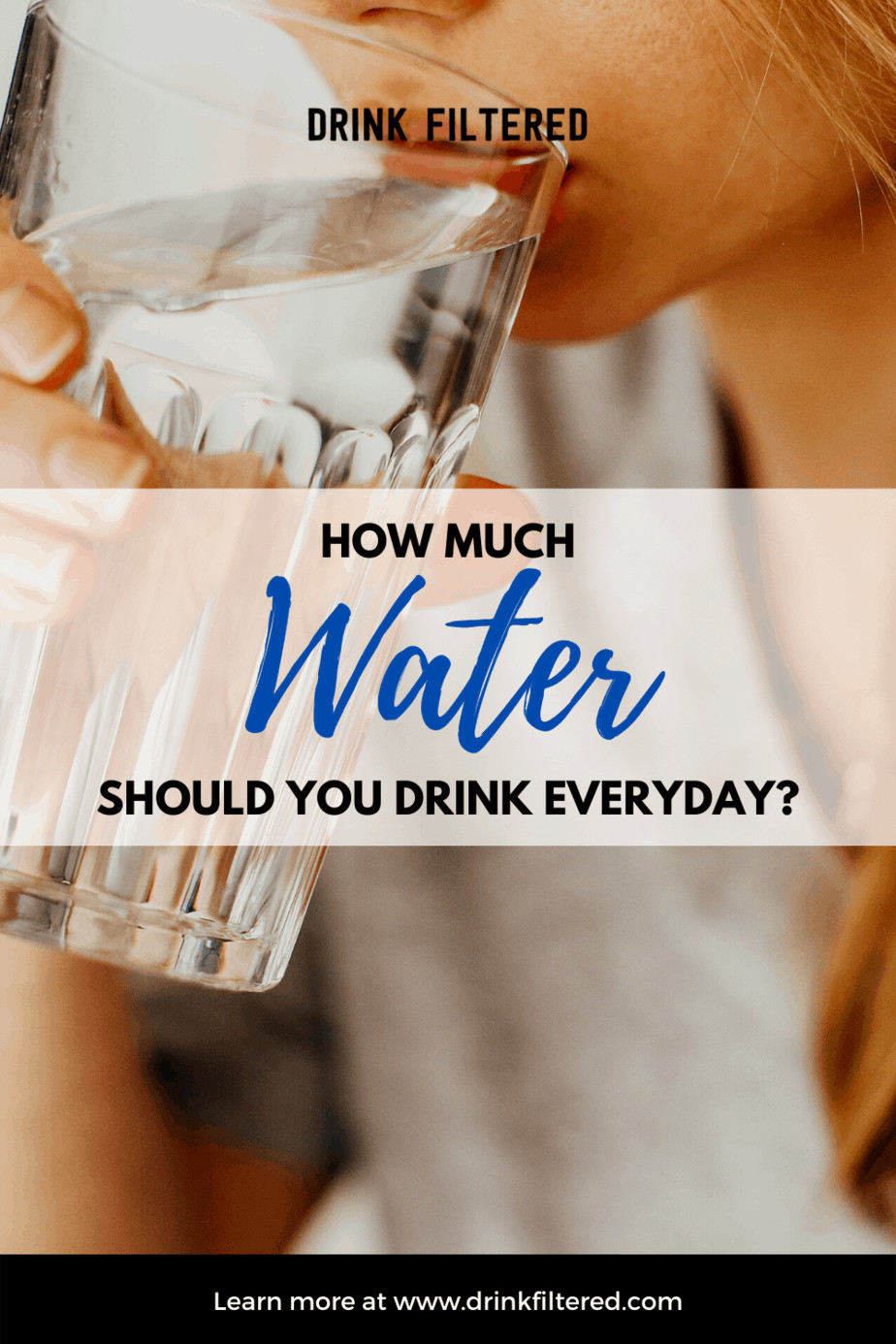60% of our body is water. Every single cell of our body has a significant amount of fluid in it, which is extremely essential for its proper functioning. This makes it very essential for us to maintain our hydration at a healthy level. Proper hydration of your body will help you maintain your electrolyte level, keep you energized, helps your brain stay attentive, delay aging, and even help you lose weight.
But what happens if you drink too much? Can you really get too much of a good thing?
In this article, we’ll be discussing what happens to the body when you consume too much water and give you some tips on how to make sure you always get the perfect amount to stay hydrated without overdoing it.
Do You Really Need To Drink A Gallon of Water?
It depends. we lose water from our system in the form of urine, sweat, and while breathing all day long. In an average sedentary condition, this can be approximately 2300 to 3500 ml of fluid, i.e. 2.3 liters (~78 ounces) to 3.5 liters (~118 ounces), averaging at 2.6 liters of water, meaning, on average, a minimum consumption of .7 gallons of water or 8-9 glasses of water each day is enough to replace your total fluid loss.
Despite those trendy headlines like ” Here is what drinking 1 or 2 gallons of water every day did to my body”, drinking a gallon of water is not necessary when you are not losing water more than usual. While drinking a healthy amount of water will benefit you, drinking too much water won’t necessarily give you any extra benefits, apart from maybe the prevention of kidney stones and more trips to the bathroom.
If you’re worried about not getting enough water, don’t stress it, our bodies come with a built-in mechanism to ensure we always get enough.That mechanism is the thirst mechanism! Thirst is the first sign of dehydration, and a great way to know that you need water. Thirst kicks in when we start getting dehydrated. So, when you feel thirsty, that means you’re already in mild dehydration. Listen to your body and drink up some water when you feel thirsty. Don’t postpone it. On the days when 8- 9 glasses of water is not enough, you’ll know you need more water because you will be thirsty. Drink more and keep your body happy.
What are the Signs That You Have Had Too Little Water?
Feeling thirsty and dry mouth is the first sign of dehydration. But when you stay dehydrated for a long time, other serious symptoms can occur too. Some of the common signs of dehydration are as follows:
- Decreased urination
- Deep yellow colored urine; you can use this as a strong indicator of dehydration as well
- Weakness and dizziness
- Dry and cold skin, lacking plumpness
- Headache
- Sunken eyes (other people usually can tell this difference better)
- Low mood
- Rapid heart rate initially, (followed by a slowing of heart rate in severe dehydration)
- Rapid breathing
- Low blood pressure (an indication of moderate to severe dehydration)
- Muscle cramps
- Reduced brain functions – poor focus, concentration.and memory
- Seizures, coma, and death in severe dehydration
Unless you experience the following symptoms, chances are, you’re probably not dehydrated and you should worry about forcing yourself to drink more water. Remember this is completely unnecessary and in rare cases may lead to serious problems!
Is There Such A Thing As Too Much Water?
Yes, water intoxication or water poisoning (AKA hyper hydration or water toxemia) is an extremely rare condition that occurs from drinking too much water. This is caused when you consume a huge amount of water in a very small period. So, 4 liters of water in a day won’t cause water intoxication, but 4 liters of water in 1-hour can. Good thing is that in normal situations, you’ll rarely consume the amount of water that will cause intoxication. But it does occur, though rarely.
Water intoxication usually occurs after water contests, in which people consume a huge amount of water in a short period or due to exercise-induced hyponatremia, i.e. when you have extremely long workouts and consume a lot of water, and even as a secondary complication to the drug ecstasy (MDMA).
Just like a lack of water will cause electrolyte imbalance in your body, too much water causes imbalance as well. Excessive water in the system causes hyponatremia. This causes the cells to swell up, including your brain, and that can be fatal.
A healthy set of kidneys at most can excrete 800 ml to 1 liter of urine in an hour, and so your intake should never be more than that within an hour. Additionally, if you have severe kidney issues (CKD) or heart issues (like CHF), this amount should be much lower because your system won’t be able to handle this overload at once, and that can result in organ failure.
What Are The Signs You Have Had Too Much Water?
If you’re worried that you’ve been drinking water and you think you’ve had too much water, here are some tell-tale signs to look out for:
- Head pain
- Cramping
- Spasms
- Muscle weakness
- Nausea
- Vomiting
- Drowsiness
- Fatigue
- Pale yellow urine
In very serious cases, you may experience seizures. If you think you have water intoxication, you need to make sure to get medical help as soon as possible. If left untreated, water intoxication can be fatal. Treatment can consist of diuretics, to reduce blood volume. Vasopressin receptor antagonists are also used. These are agents that are designed to help with the condition.
In the meantime, eating something salty can help to relieve the symptoms and increase your sodium levels.
How to Make Sure That You’re Drinking Enough Water ?
Making sure that you get enough water is a common issue that we face because quite frankly it’s easy to forget about drinking water when you are busy working. Then we also have this other group of people who don’t like to drink plain water.
So here are a few simple methods using which you can increase your daily water intake.
- Carry water everywhere. And I mean everywhere. If you are sitting in your living room, keep a bottle in front of you. If you are working on your desk, keep a bottle of water with you. If you are going outside, take a bottle with you. The idea is, if you have it near you, you’ll most likely consume it.
- Flavor up your water. You may not like drinking plain water, but water is essential and you need to make sure that you’re getting enough of it. If you don’t like to consume plain water, you can always modify it yourself at home without much additional cost. You can add various things in your water to flavor it up, like making fruit infused water, adding apple cider vinegar to your water and even add a little bit of commercially produced fruit juices, just enough to flavor the water a bit.
- Any fluid counts! Your water should not necessarily come from plain water. Our body takes water even from the food we consume. For example, a curry-based cuisine will have more fluid in it, and yes, that will contribute to your total fluid intake as well. Any liquid counts as your total fluid intake. Your food, fruits, coffee, tea, milk, juices, smoothies, health drinks, soups, broths, or any other form of fluid-based food or drink will make up for your total fluid intake. This makes it a lot easier for you to consume a healthy amount of fluids without getting bored with regular water. So, try to mix it up, and add a few different forms of liquids in your routine.
Conclusion
There is no official recommendation as to how much water should one be consuming but an estimated value will work just fine. We need to replace the fluid we lose every day. Listen to your body; when you’re thirsty, don’t ignore it.
While dehydration is dangerous, over consumption of water can be equally problematic and can result in electrolyte imbalances, swelling of the brain, and in rare cases, death.
Be mindful of how much water you are consuming. If you think you need to be constantly drinking, remember, your body knows how much water it needs — if you aren’t dehydrated, you probably don’t need to keep guzzling it down!

